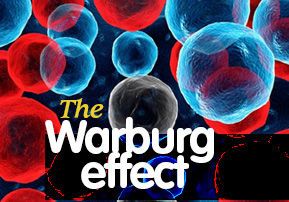
The Warburg Effect
Constantly eating processed foods loaded with sugar and carbohydrates suffocates the body, causing its cells to be forced to switch from oxidative respiration to fermentation…

Last week I introduced the theory that most cancers are not caused by bad genes. Although most cutting edge research is aimed at finding which genes trigger cancer, this research does not address the question of what causes these genes to trigger cancer.
They simply write it off as your parents’ fault, God’s fault, or just plain bad luck.
Well, you know what? It’s not always true. In fact, it’s not true most of the time. Faulty genes from our parents? Maybe 2-3% at most. God’s fault? Never. Bad luck? No such thing!
So what is it? If everyone else is not to blame, then who is?
Actually, the culprit isn’t a who. It’s a what.
And in one word, it’s sugar.
Dr. Thomas Seyfried, Professor of Biology at Boston College, discovered a groundbreaking mechanism that causes normal cells to turn cancerous. He calls cancer a metabolic disease, because the cell 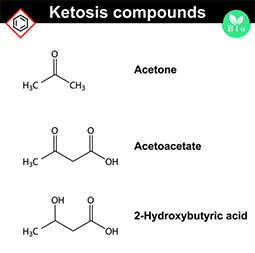 metabolism becomes faulty due to mitochondrial damage.
metabolism becomes faulty due to mitochondrial damage.
Which leads me to the Warburg Effect. Dr. Otto Warburg was a scientist and Nobel Laureate in the 1920’s who discovered that cancer cells were low in oxygen because their respiration changed from using oxygen to survive to fermenting sugar to survive.
In his own words, “Cancer, above all other diseases, has many secondary causes. But, even for cancer, there is only one prime cause. Summarized in a few words, the prime cause of cancer is the replacement of the respiration of oxygen in normal body cells by a fermentation of sugar.”
The lack of oxygen causes damage to the mitochondria, the energy center of the cell. When the mitochondria is damaged, it can’t respirate properly – meaning it can’t produce energy in a normal way.
And what causes this lack of oxygen? A poor diet and lifestyle! Constantly eating processed foods loaded with sugar and carbohydrates literally suffocates the body, causing its cells to be forced to switch from oxidative respiration to fermentation. Our cells are literally choking to death from our terrible diets.
In order to survive, the cell changes its respiration to adapt to its anaerobic (absence of oxygen) environment. As a survival mechanism, it begins to ferment, or use sugar to fuel itself. Fermentation leads to uncontrolled and rapid cell growth. And this leads to tumor development.
Now here’s where it gets interesting (if it wasn’t already.) Cancer cells are extremely resistant to chemo and radiation because they are fermenting. This means that the cancer cell has not been cut off from its energy source. Since fermentation occurs in an environment without oxygen, what difference does it make which chemicals are introduced into the body? The cancer cell can survive it all, as long as it has its fuel!
The two main fuels for cancer cells are glucose and glutamine. Once you stop providing this fuel to the cancer cells, the cells die.
Painfully simple, isn’t it?
You’re probably asking a very good question right now. Why do people experience a remission or cure from cancer after they go through chemo and radiation?
Well, think about this. Have you ever seen someone going through traditional cancer treatment? How much do they eat?
Not much, right? Who has a normal appetite when suffering the terrible, debilitating side effects of chemo and radiation?
Calorie restriction has been found to starve the cancer cells, because they’re not being given the normal amounts of glucose and glutamine that they’re used to. Furthermore, cancer cells have 10 times more insulin receptors than regular cells. This means they gorge any available glucose and use it to fuel their growth.
So you see, it’s not the chemo and radiation that cures the person. It’s the fact that they’re not eating as much sugar and other processed foods that feed these cancer cells. And the tumor shrinks and dies.
Here’s the next interesting part. When you cut off the sugar supply, your body uses an alternate, cleaner, more efficient fuel – fat.
When your body runs on fat, it produces ketones. Ketones are produced after the liver runs out of glycogen stores (stored sugar.) These ketones provide clean, high energy fuel to the mitochondria, and the entire body as a result. They are released from the liver into the red blood cells, so this means they are easily available and metabolized by the entire body, including the brain and central nervous system.
Sugar does not cross the blood brain barrier, but ketones do. Therefore, most people in ketosis (the state of using fat for energy instead of sugar) experience a clear, sharp mind and lots of steady energy.
The body can go into ketosis through several different means: fasting, a low carb diet, or intense exercise. In its extreme form, it can lead to ketoacidosis, which is an uncontrolled state of ketosis, in which too many ketones are present in the blood. This usually occurs in untreated cases of out-of-control Type 1 Diabetes.
So let’s make some sense out of this. Sugar and carbs (which convert to sugar) = fuel for cancer cells. Sugar damages mitochondria, causing it to ferment. Cancer cells love fermentation. Cancer cells die when they are starved of sugar.
Yes. It really is that simple.
What does this mean? That we can’t eat sugar anymore?
I guess the answer would depend on several factors. Do you have cancer? Are you overweight? Do you have a chronic illness such as diabetes? How physically active are you?
It seems to me that if a person is in good health, doesn’t smoke, and exercises regularly (meaning a good cardio and strength training regimen) then a simple low carb diet should be enough to keep him healthy and strong.
However, if a person is sick with a chronic illness and/or really needs to lose weight because it’s making him sick, then the ketogenic diet can be his path to better health.
What’s the ketogenic diet?
Patience, my dears! I’ll get to that next week!
* * *
Feel free to send Racheli your questions, particularly in the areas of marriage, dating, child-rearing and women's role; write her at racheli@breslev.co.il





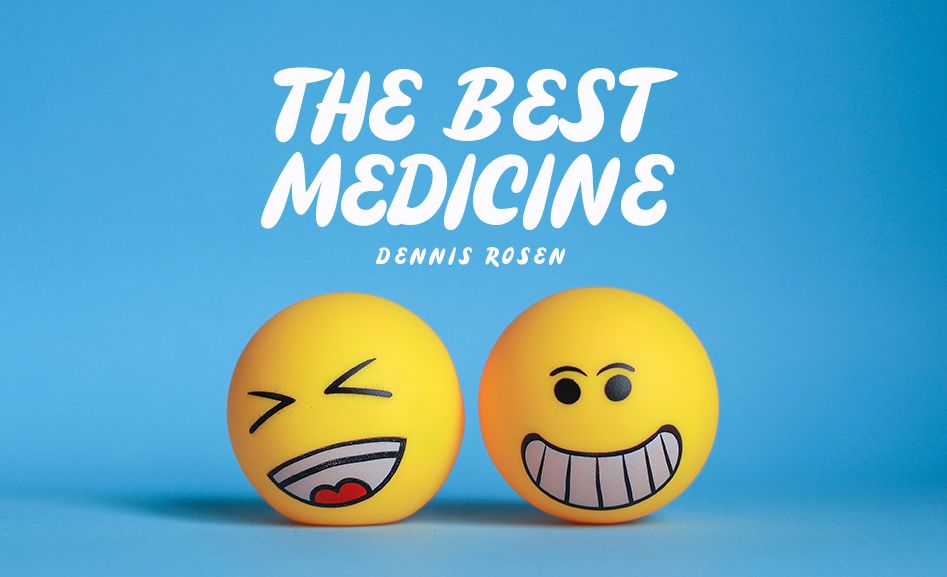
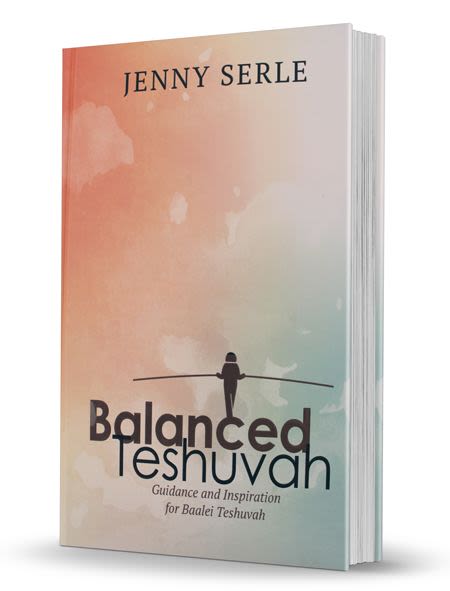
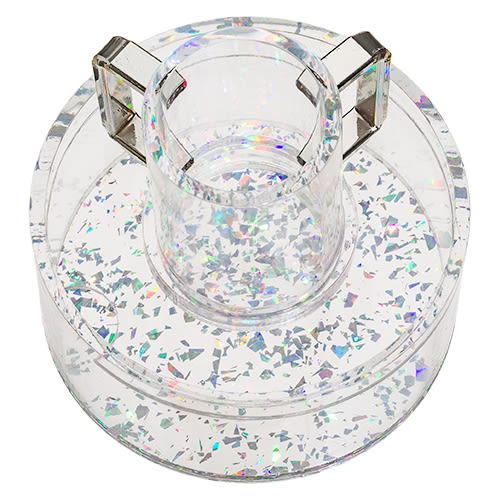




Tell us what you think!
Thank you for your comment!
It will be published after approval by the Editor.